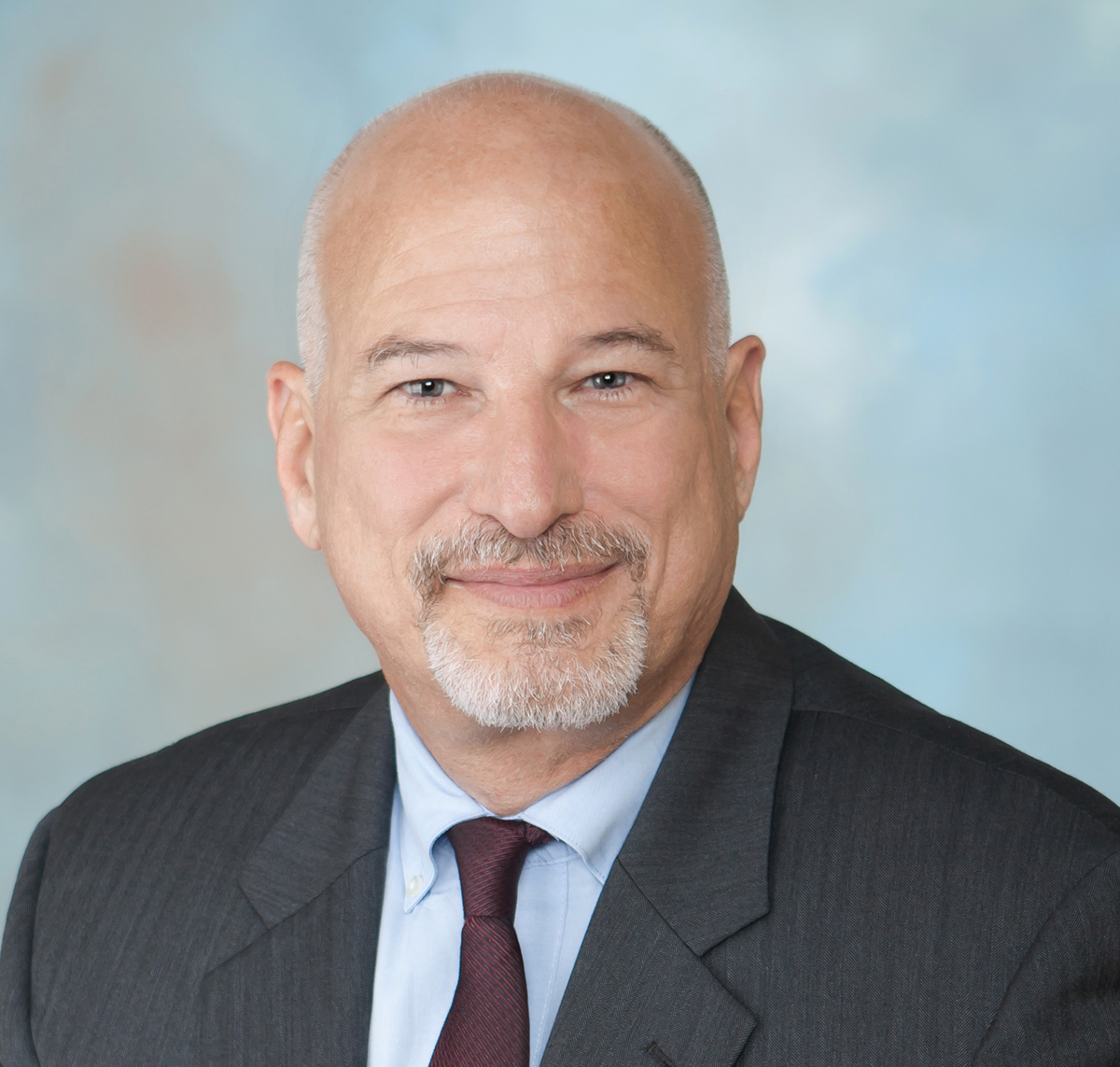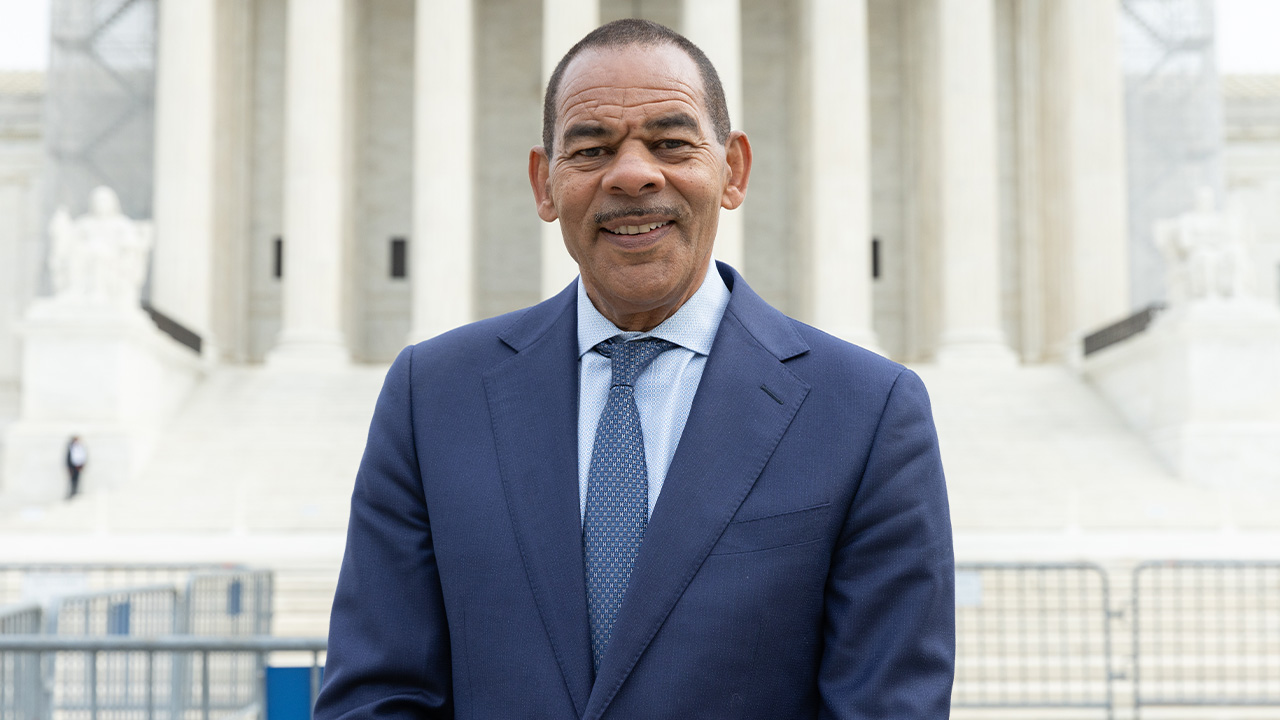[vc_row css_animation=”” row_type=”row” use_row_as_full_screen_section=”no” type=”full_width” angled_section=”no” text_align=”left” background_image_as_pattern=”without_pattern”][vc_column width=”2/3″][vc_column_text]
By David S. Neufeld
It’s no secret that claiming Florida residence has significant tax benefits, compared to most states in the Northeast, as well as other legal benefits. There is no Florida individual income tax or estate tax. With substantial state income tax and potentially a death tax imposed on New York and New Jersey residents, for instance, not being one carries with it major cost savings.
Yet becoming a Florida resident for tax purposes while maintaining a place to live in New York is not as easy as many seem to believe. Ask random individuals with New York homes who claim to have changed residence from New York what they did. They will attest to remaining outside of New York for at least 183 days—the majority of a year. Some might say they took the extra steps of getting a Florida driver’s license, registering the car in Florida and voting in Florida. If only it were that easy. There is a significant chance that that taxpayer would lose a New York audit and pay not just the deficient New York tax but also considerable penalties, potentially going back many years.
There is a belief that has run rampant through Florida communities that 183 days is some sort of amulet to keep the New York tax man at bay. While it is true that 183 days is an important number for one aspect of residency testing, the common belief has it somewhat backwards: being out of New York 183 days or longer does not assure inoculation from New York tax; rather, being in New York 183-plus days assures being subject to tax. Put another way, one can be taxed by New York even if out of the state 183 days or more.
It is helpful to think of the residency test for those with places to live in New York (and no New York business or investment income) as follows:
• Domiciled in New York? Required to pay New York income tax, regardless of the amount of time in New York.
• Domiciled in Florida and physically in New York 183 days or more? Required to pay New York income tax.
• Domiciled in Florida and physically in New York fewer than 183 days? Not required to pay New York income tax.
The real issue, then, is understanding the role and rules of domicile.
In its simplest sense, one’s domicile is the place that pulls him or her back, the place one truly considers home, not just the place where he or she currently lives. There is no question this is a subjective inquiry, a journey into one’s mind and heart. However, the tax auditors and the courts cannot claim omniscience. The only way to obtain these insights is to look closely at what one does and the context of one’s life. Where are one’s substantial ties? What are the general habits of one’s life?
Auditors and judges look at factors that fall into broad categories in determining if one truly had the intent to change domicile when he or she acquired the home in Florida. These include whether the taxpayer kept the New York home or was actively involved in business in New York; where the taxpayer spends more time; where the items are that the taxpayer considers special; and where other members of the family are.
The chances of getting ensnared by an auditor are fairly good. Perhaps a taxpayer will be the lucky one who escapes scrutiny, but to get from New York residency to Florida residency, taxpayers will have to file a nonresident New York income tax return or a partial year resident/nonresident return. Or die. These are audit triggers. And the statute of limitations might never end.
There is great value—in terms of tax savings and other legal benefits—in properly and legally establishing Florida residence. And there is great peril is improperly claiming residency away from New York based only on an absence of 183 days or longer. ↵
David S. Neufeld is the resident shareholder in Flaster Greenberg’s Boca Raton office, and is licensed to practice in Florida, New Jersey, New York and Pennsylvania. Reach him at david.neufeld@flastergreenberg.com.
[/vc_column_text][/vc_column][vc_column width=”1/3″][/vc_column][/vc_row]
















